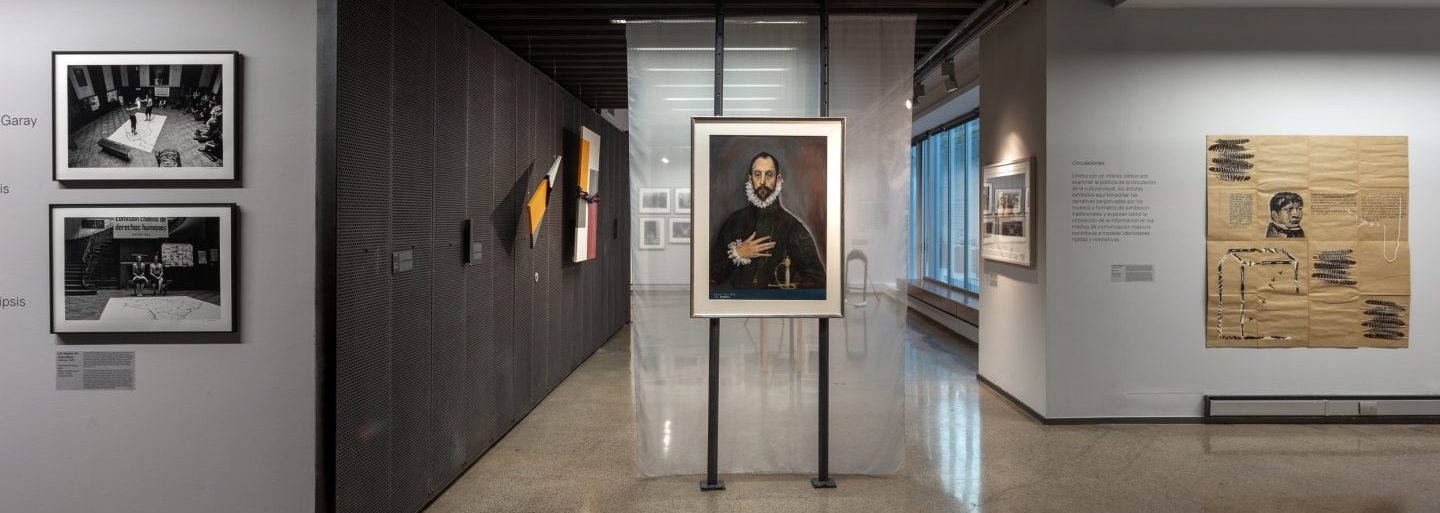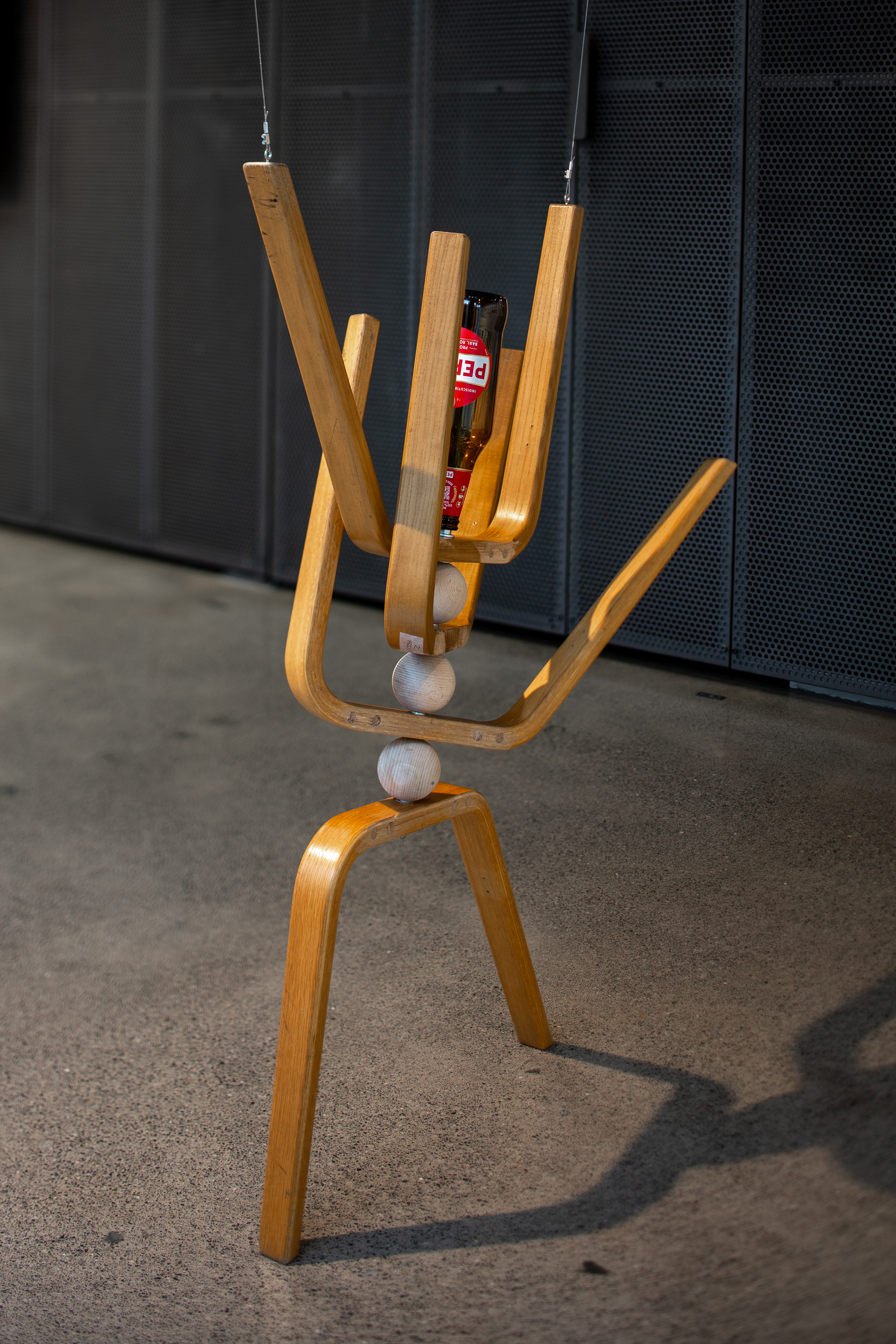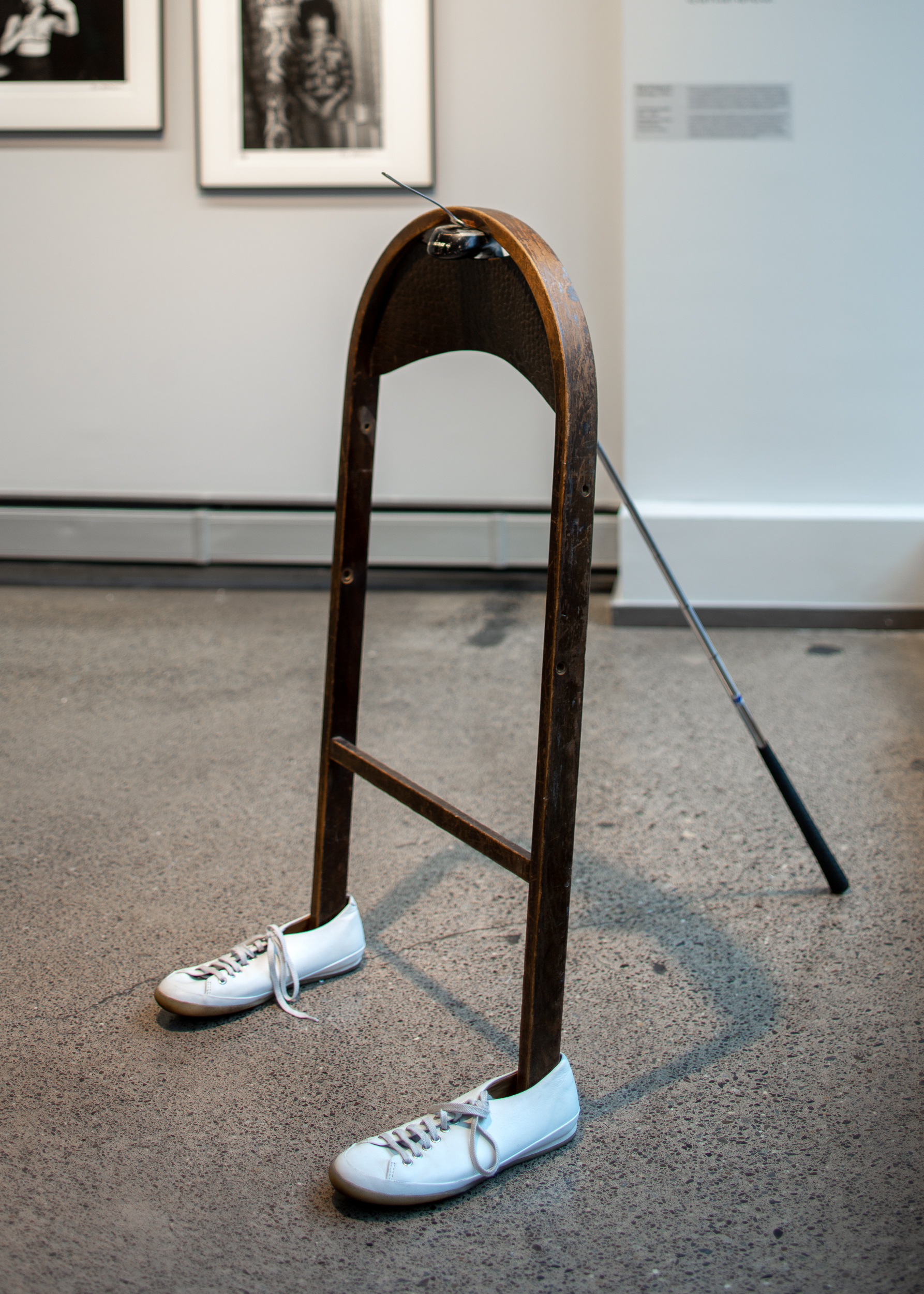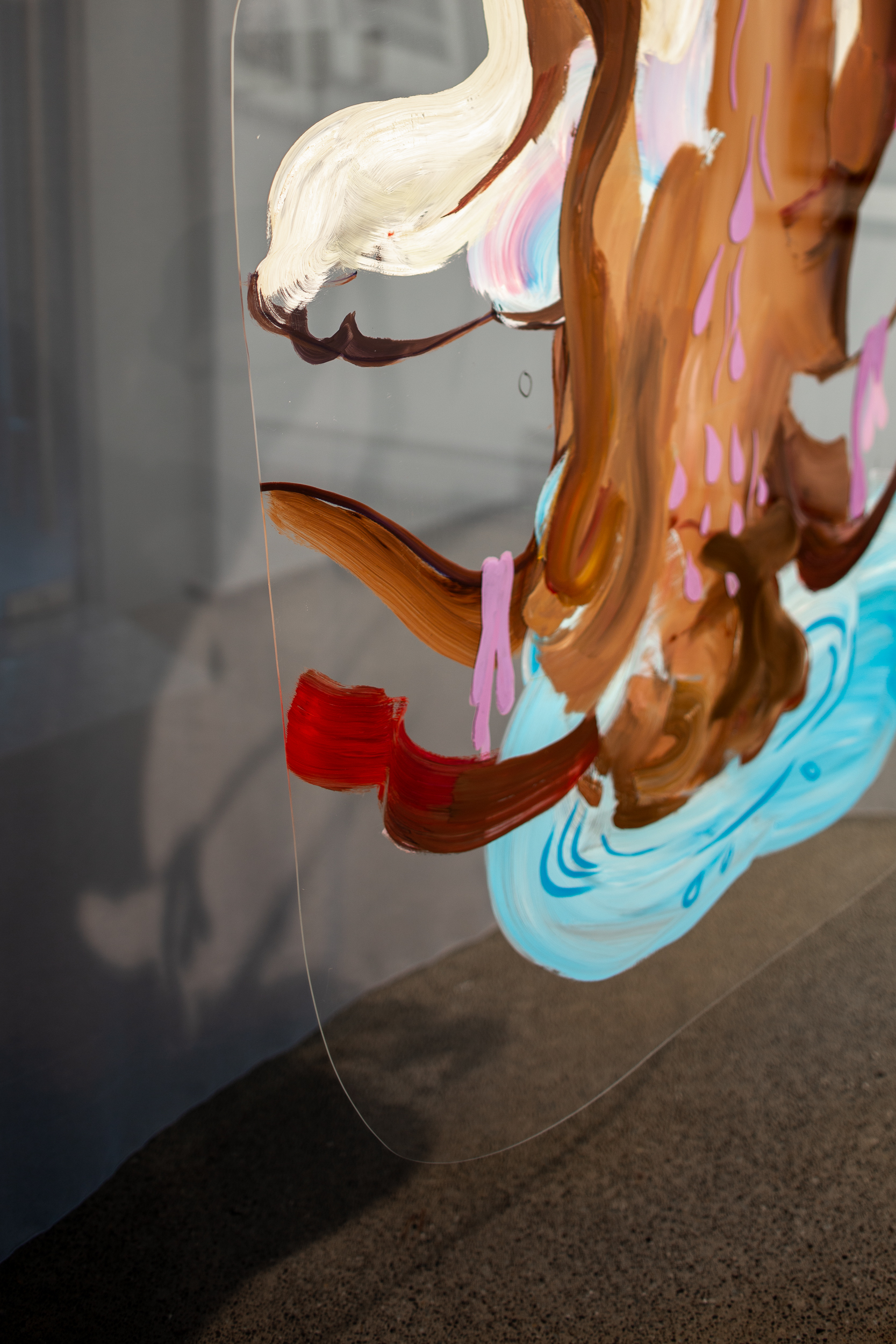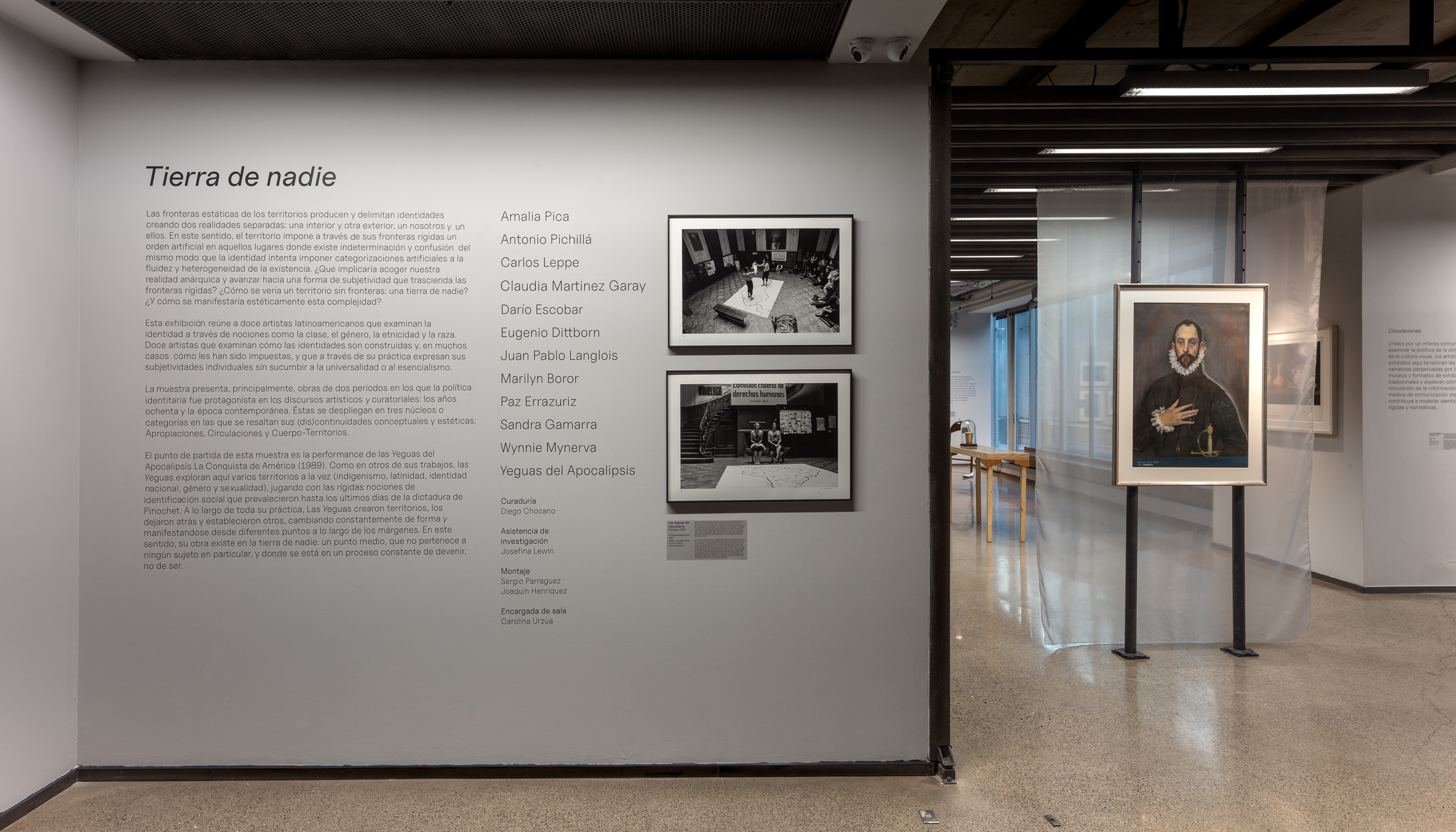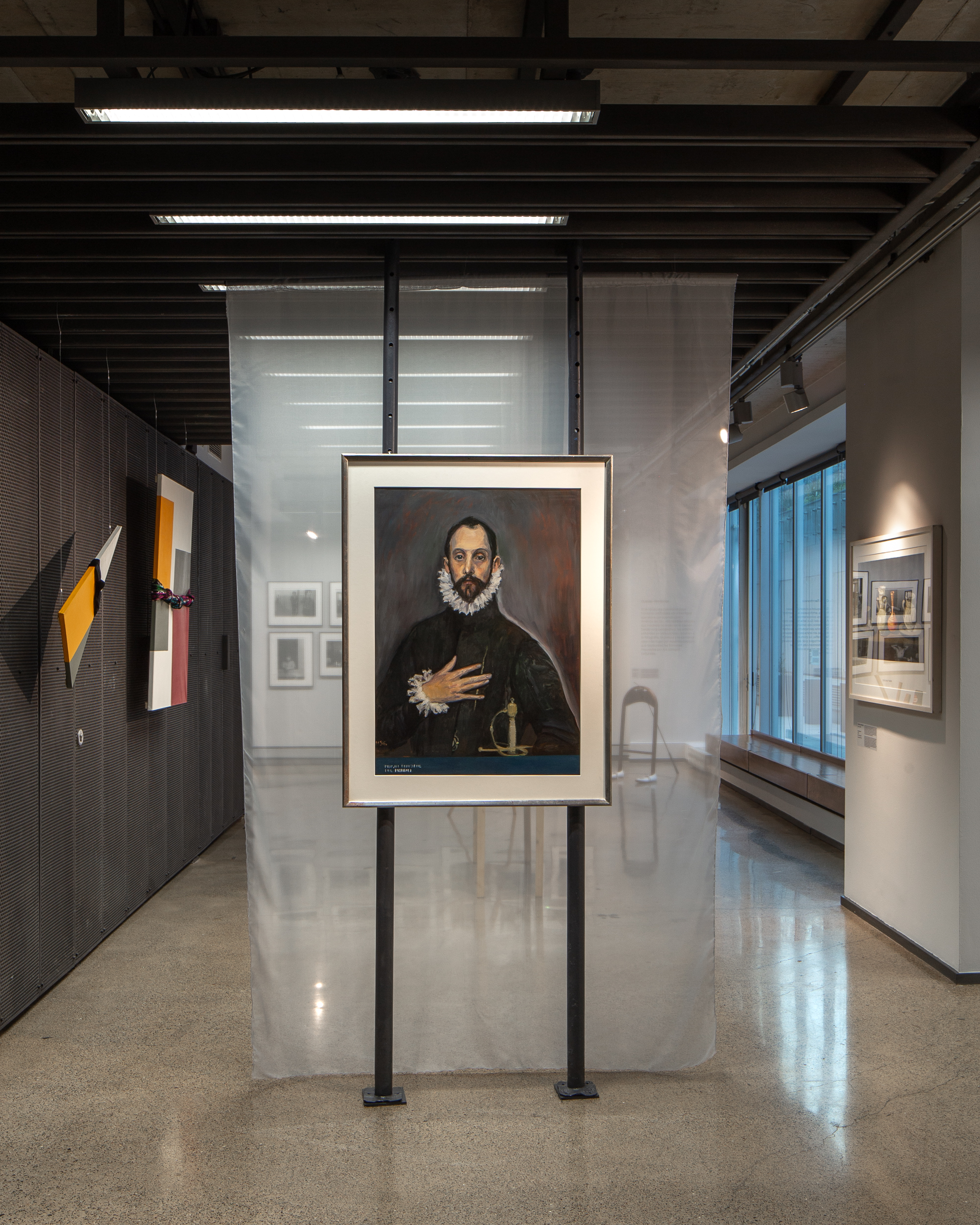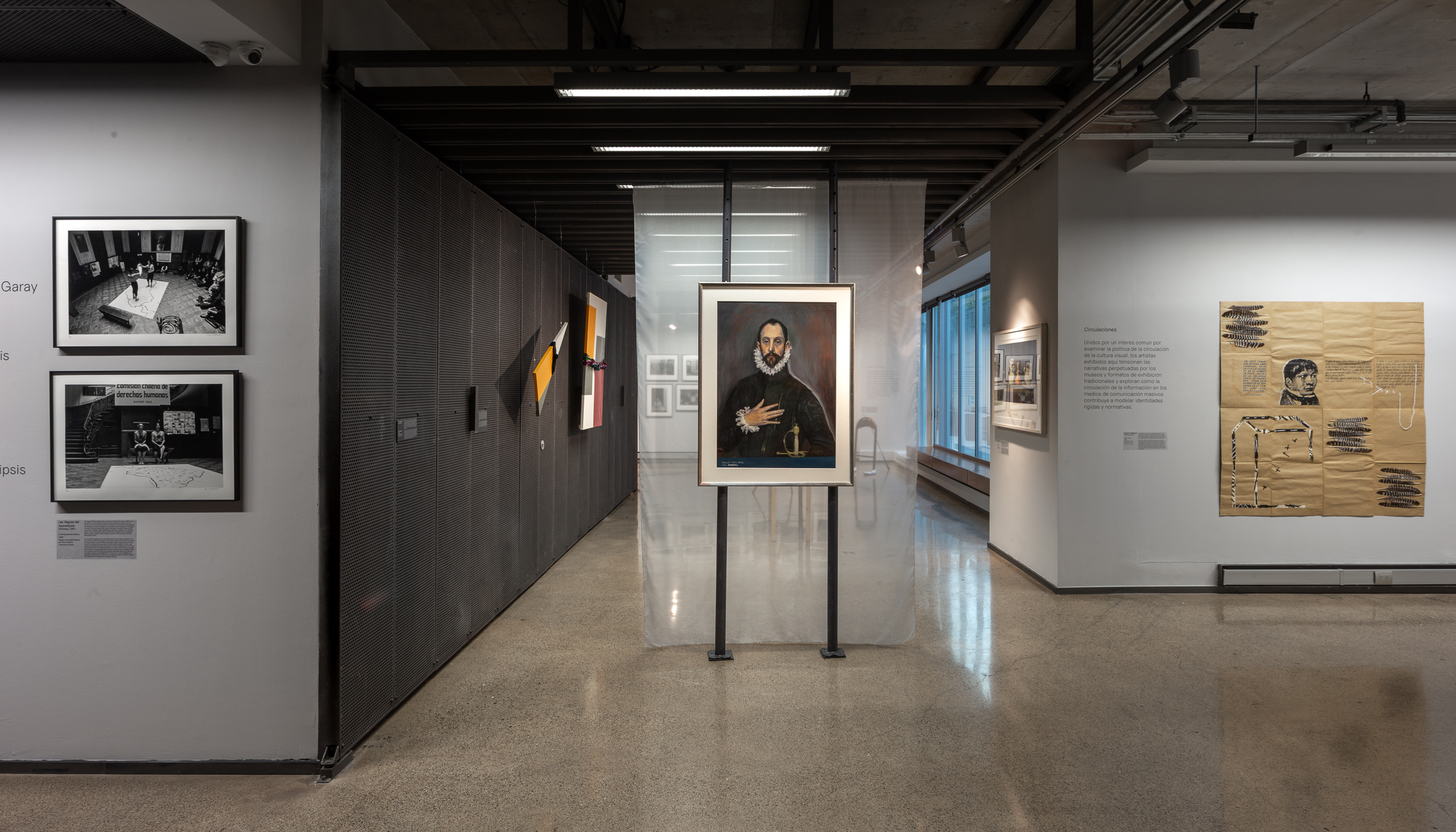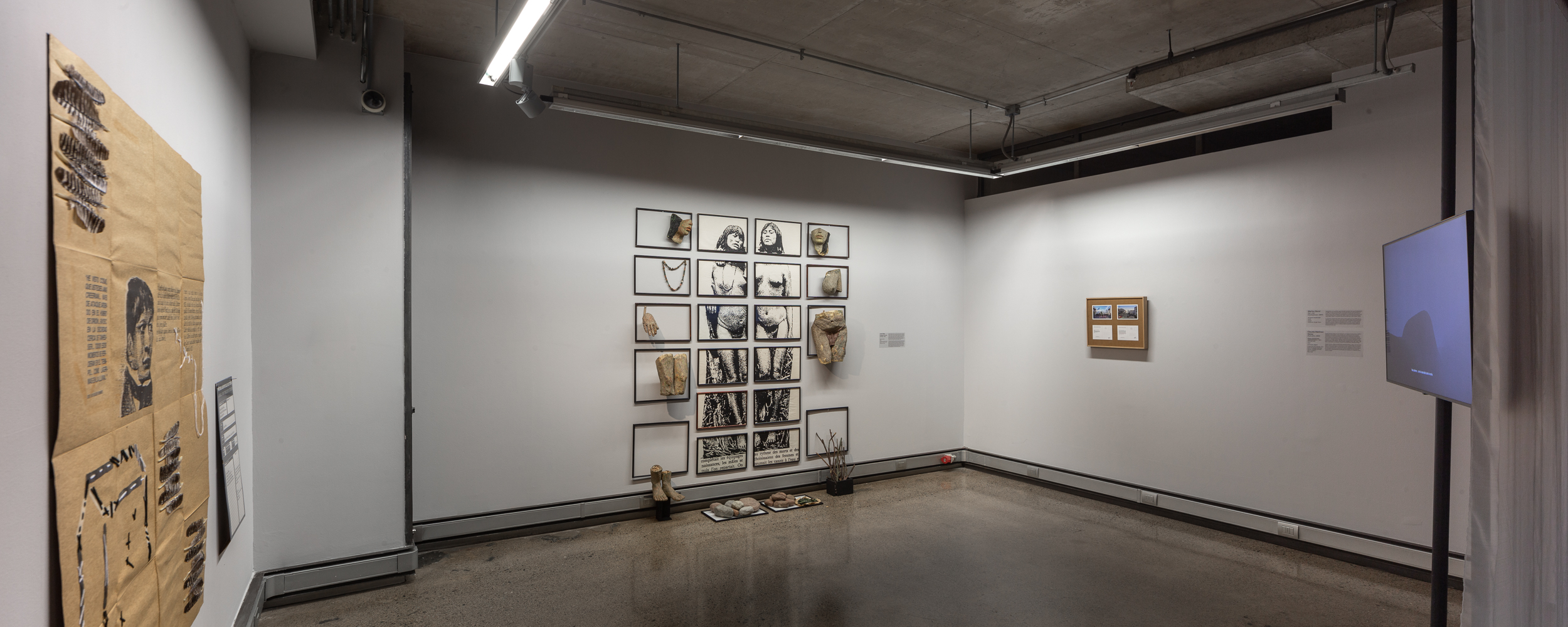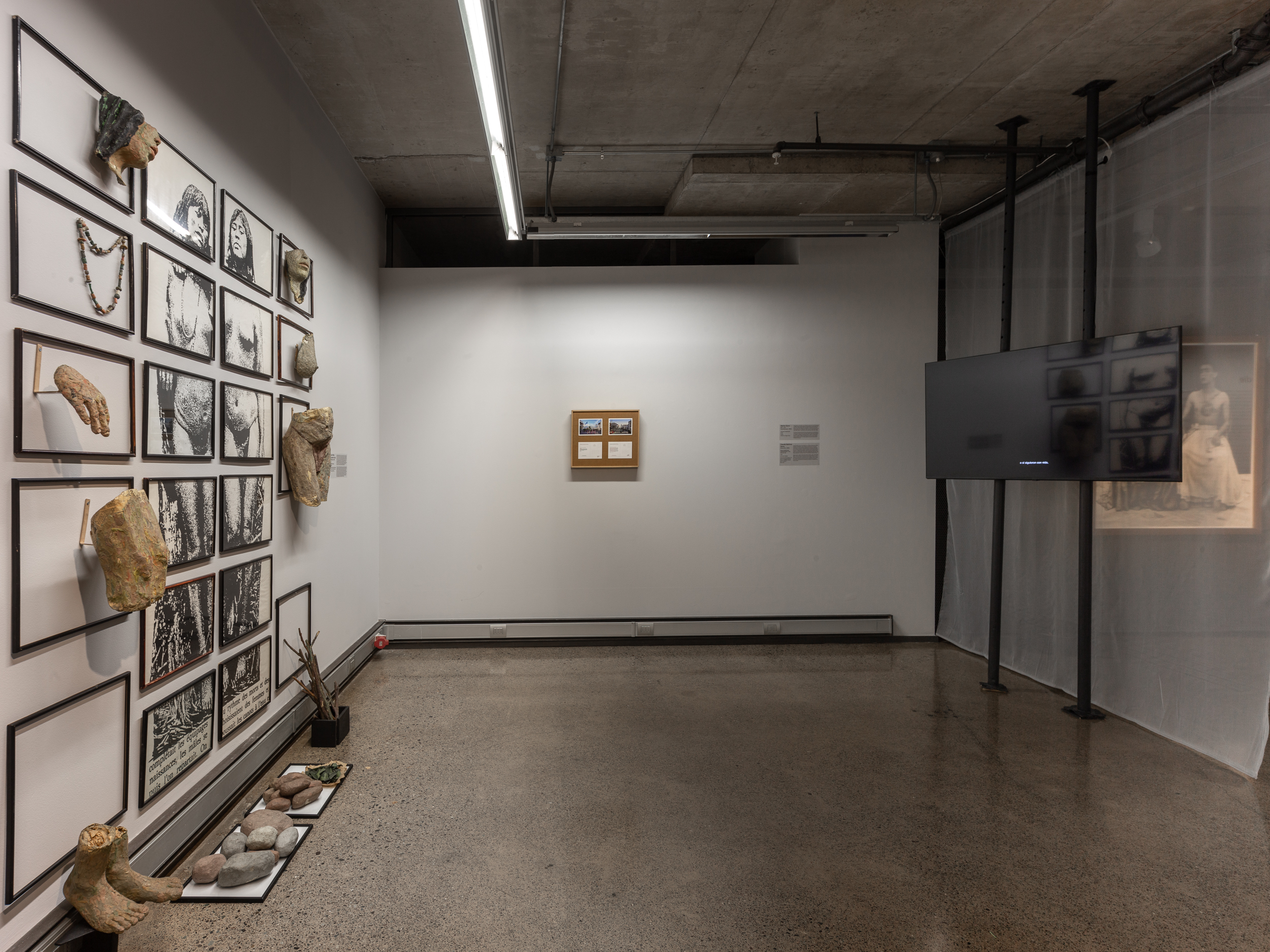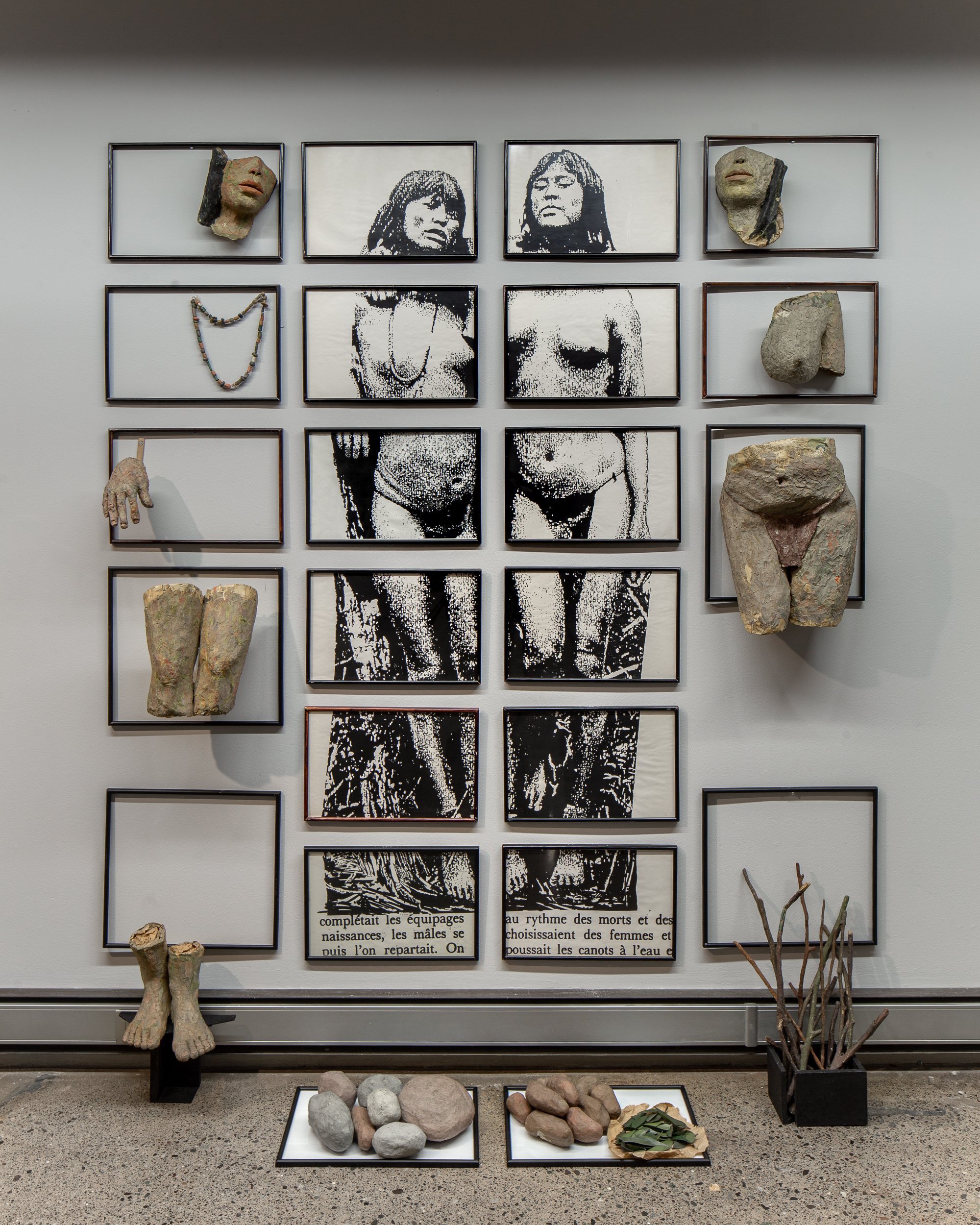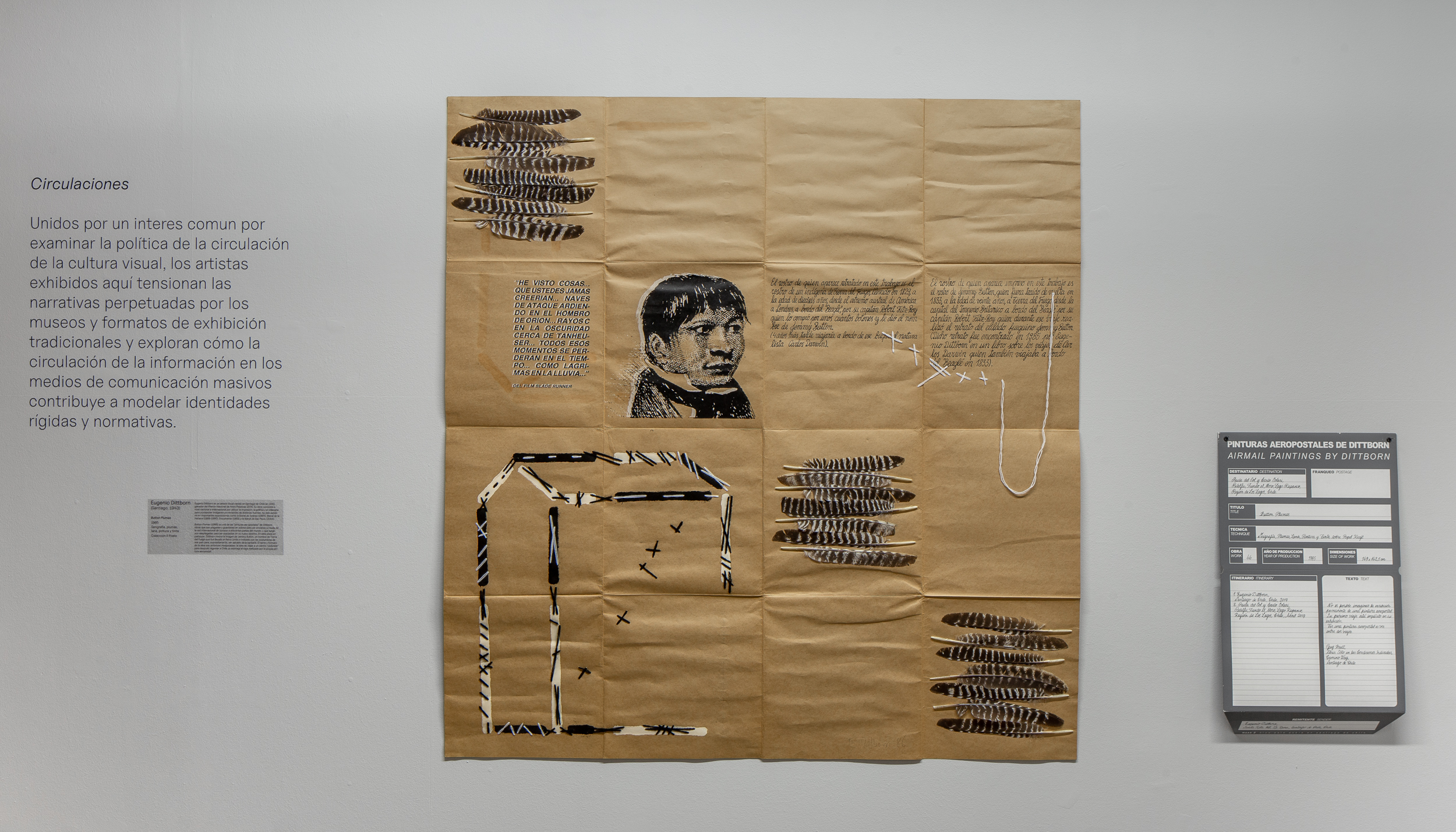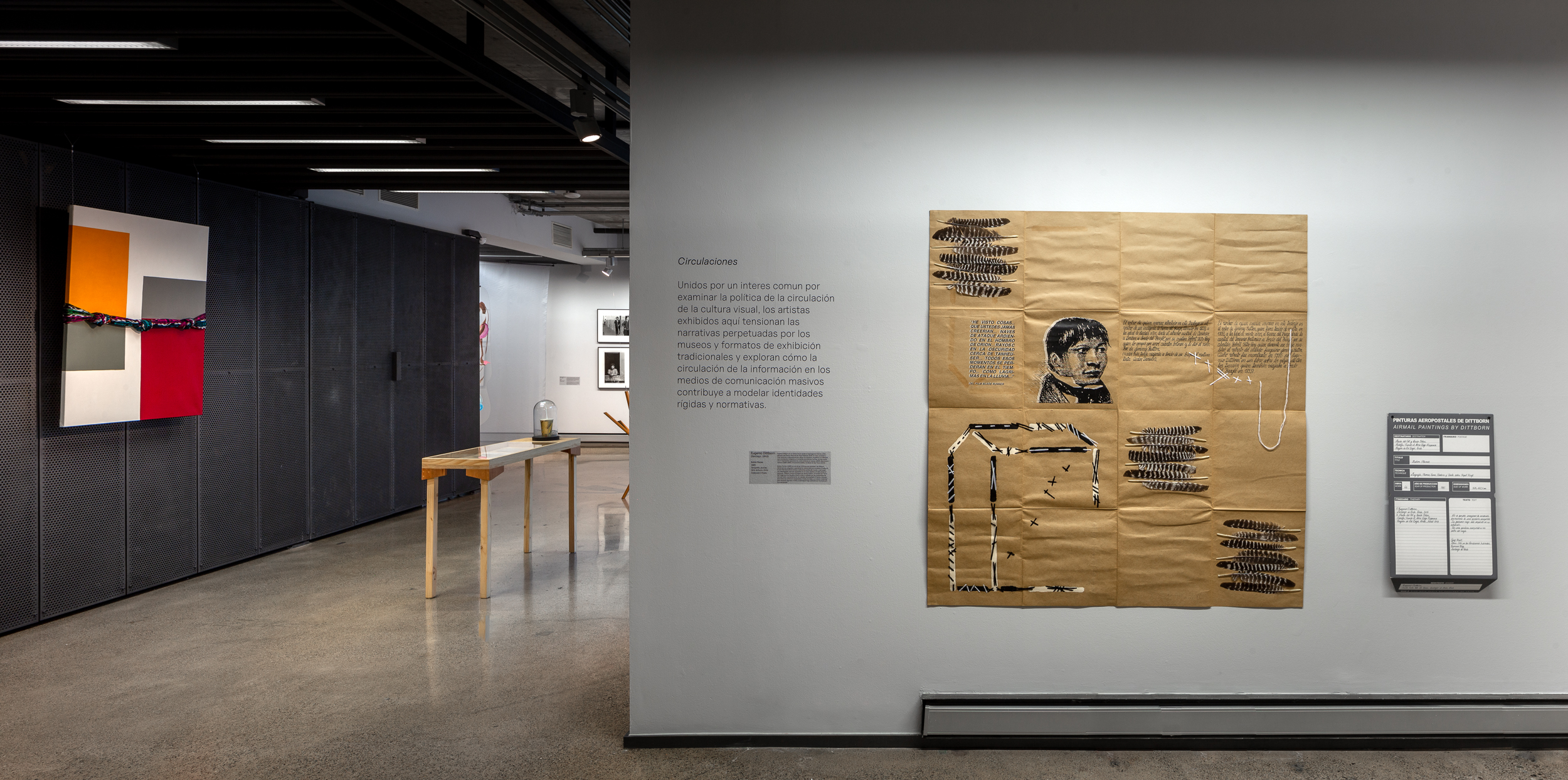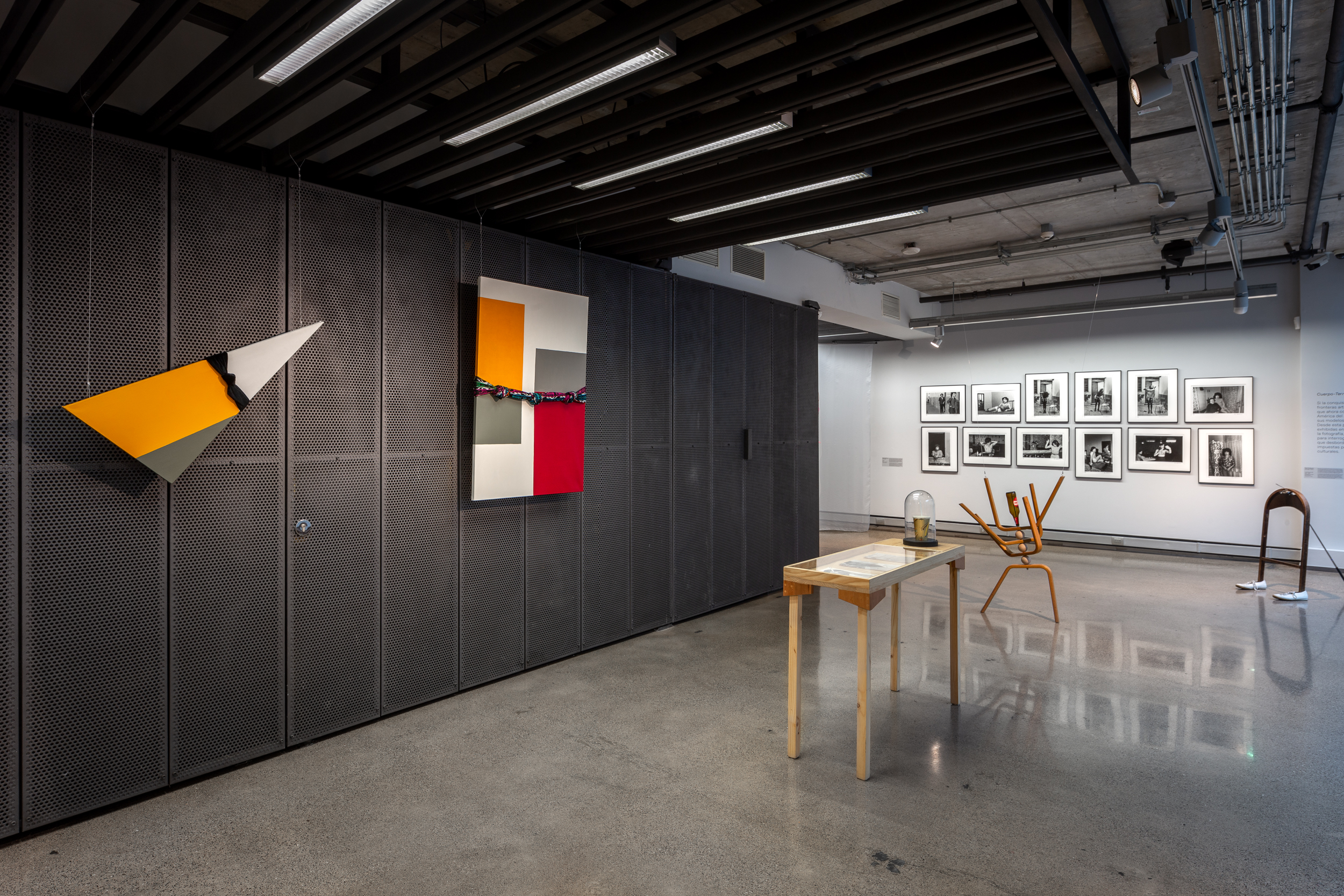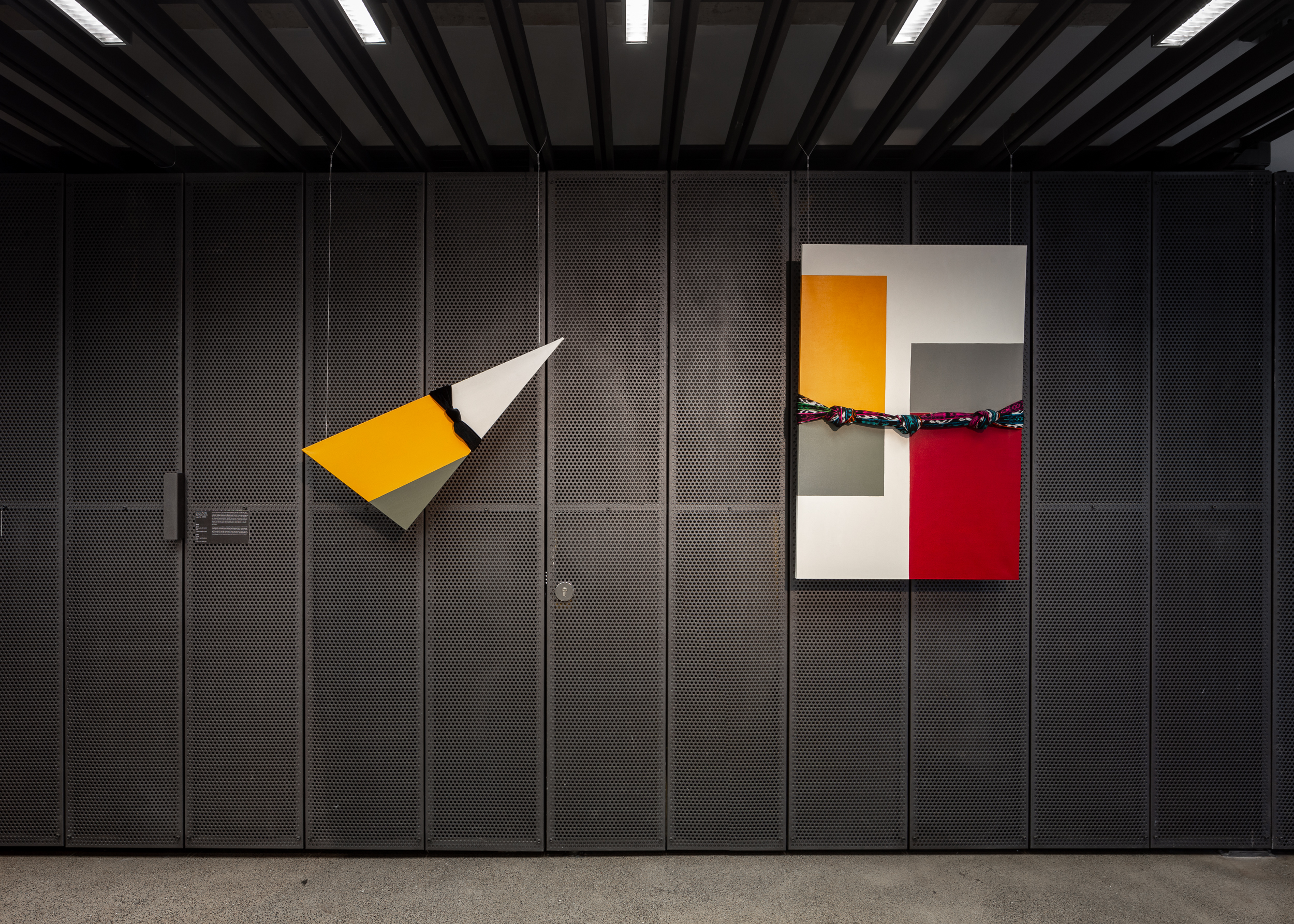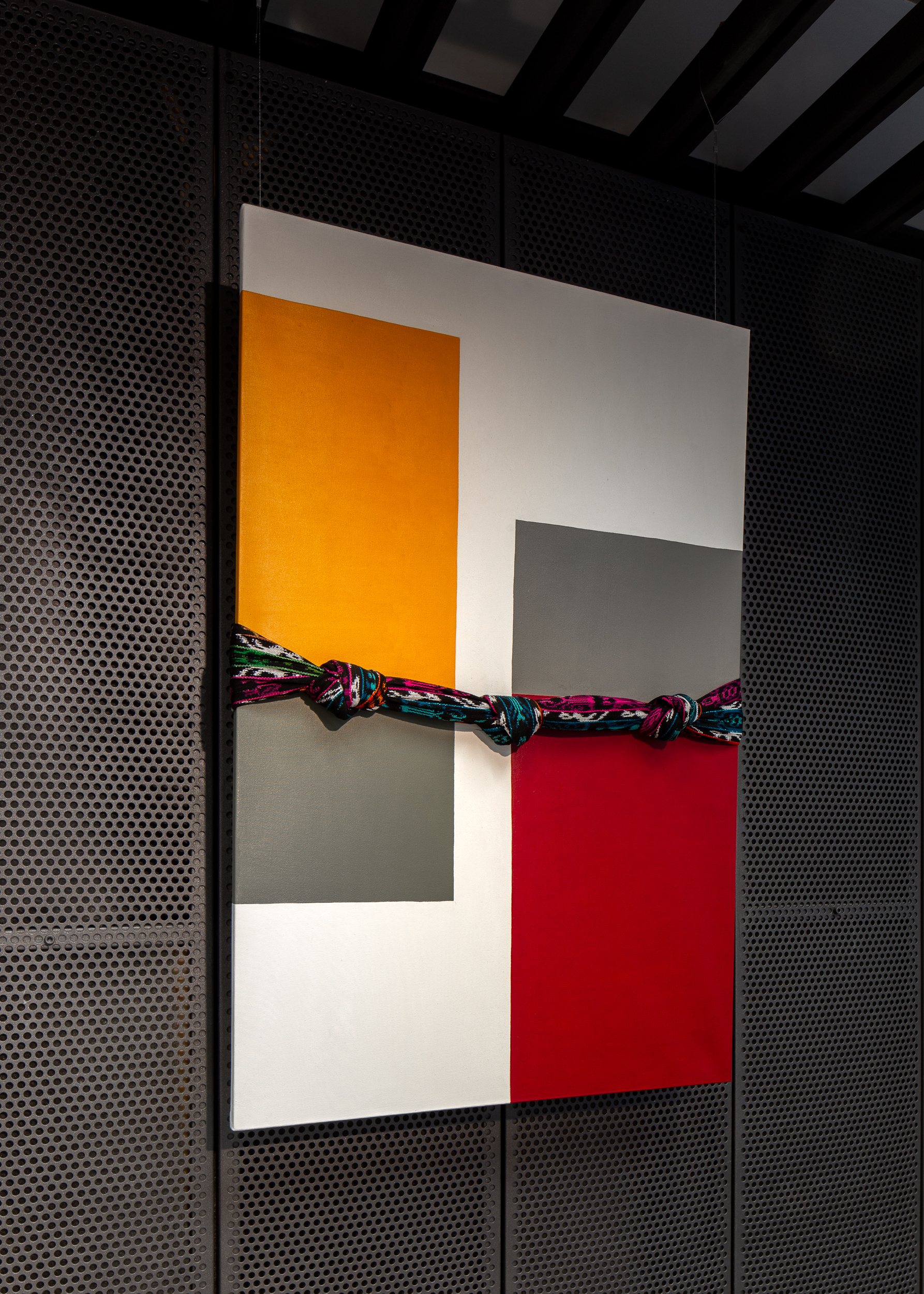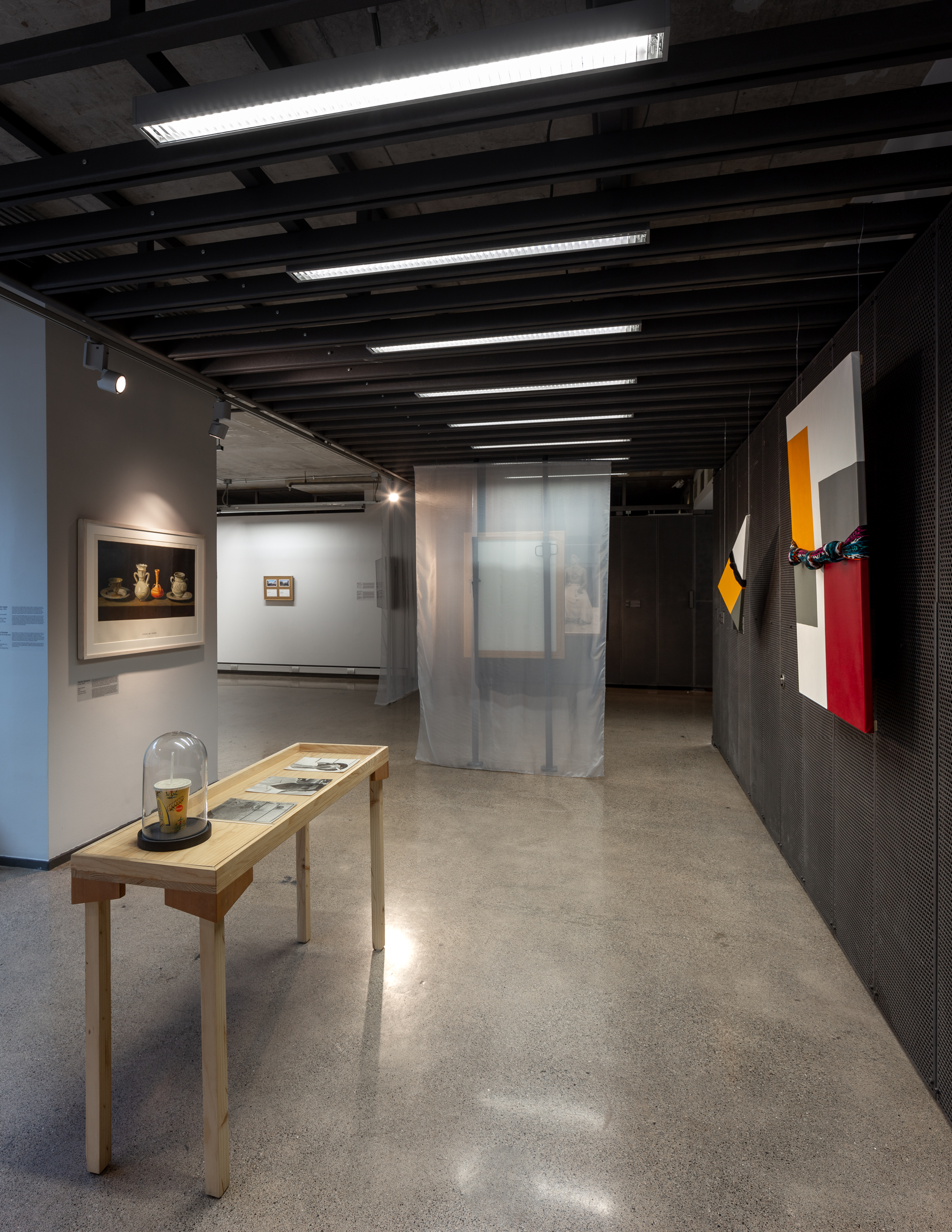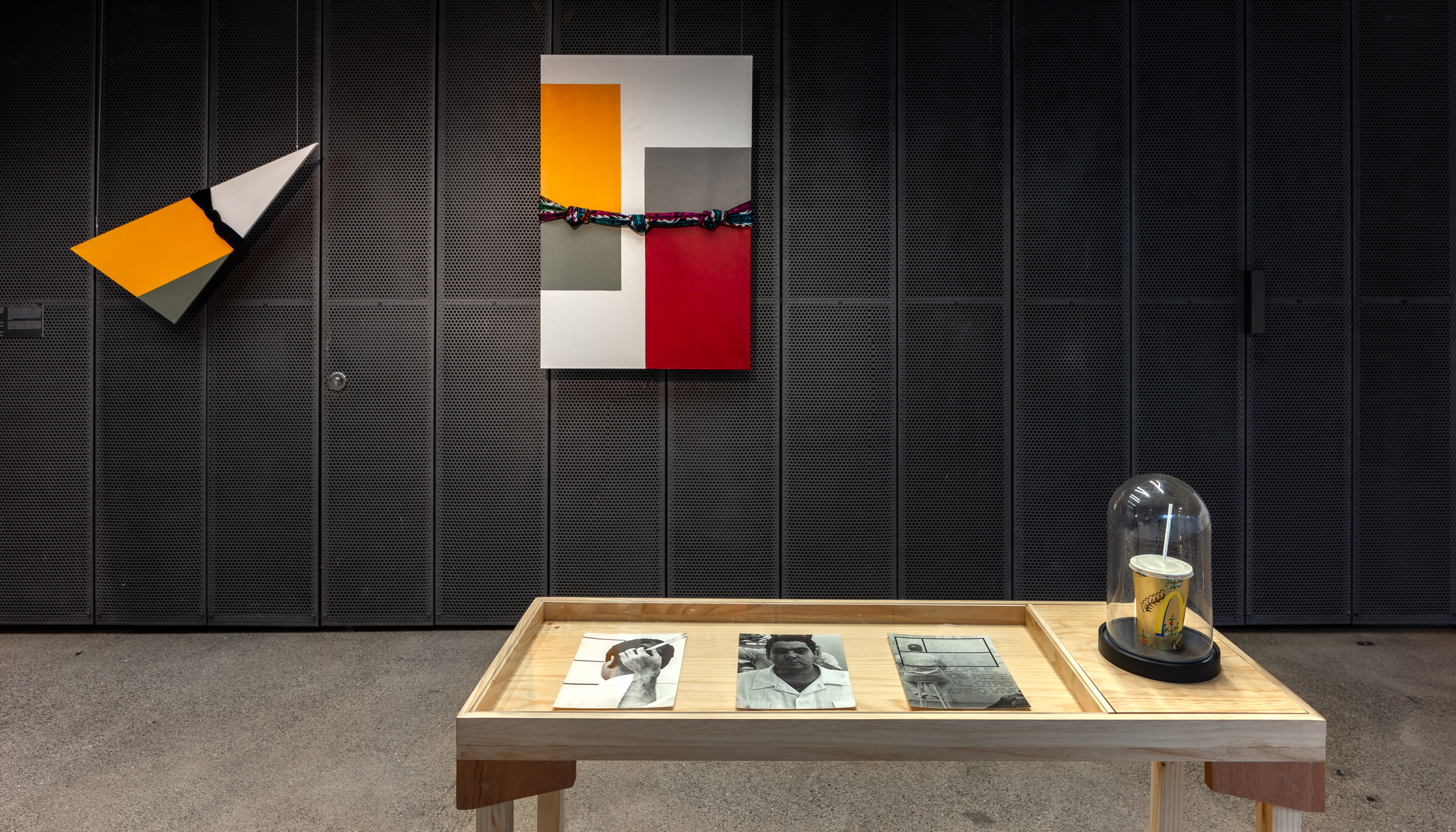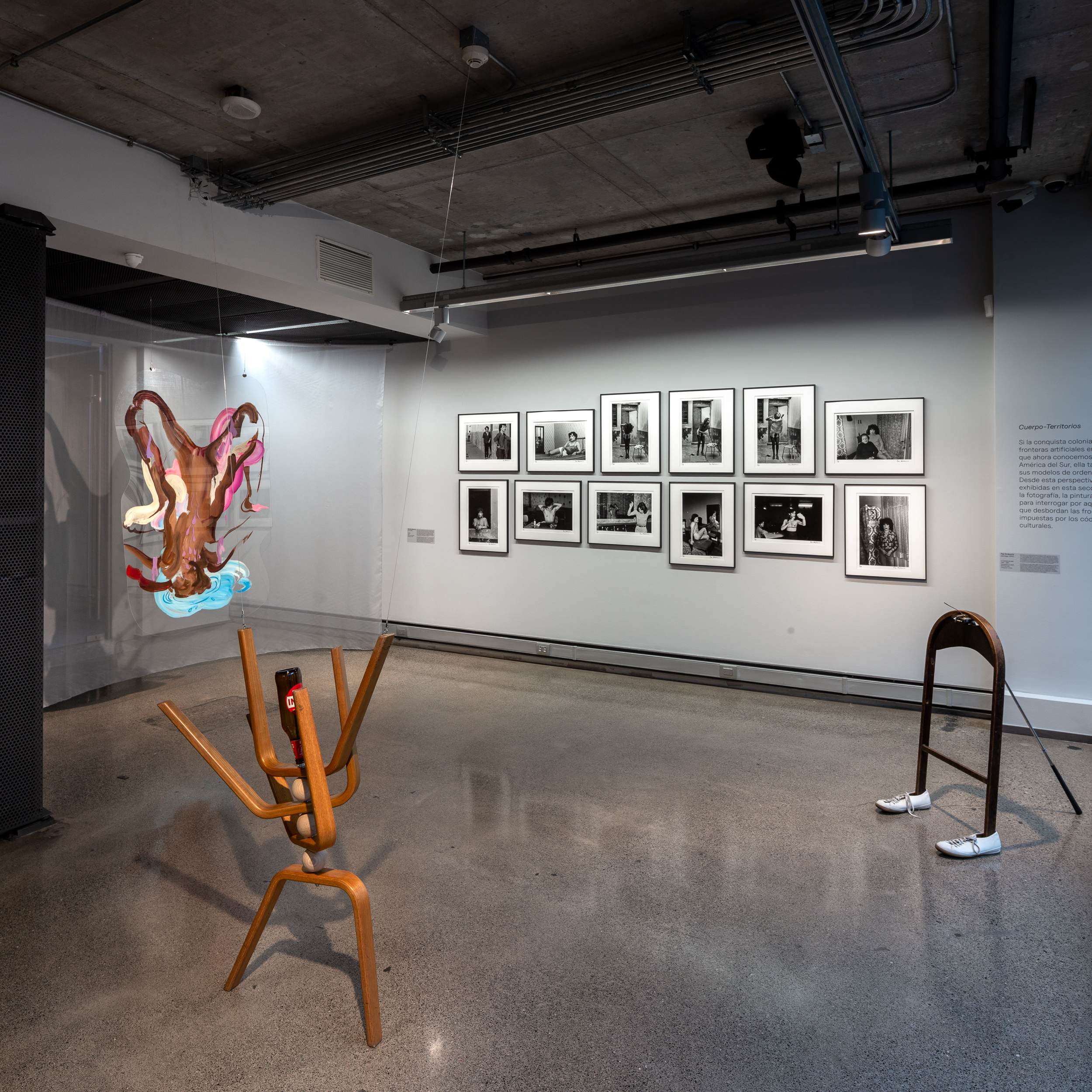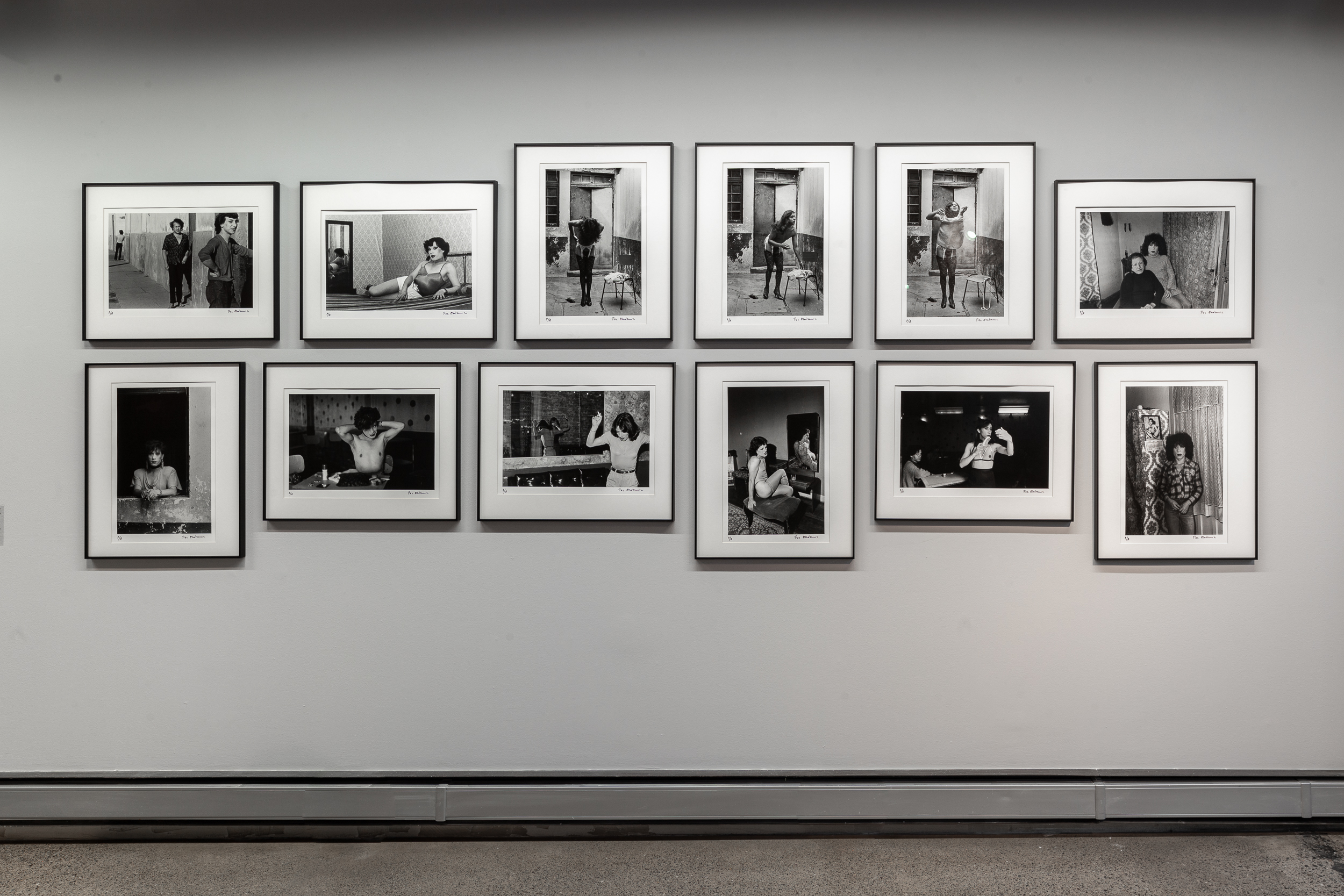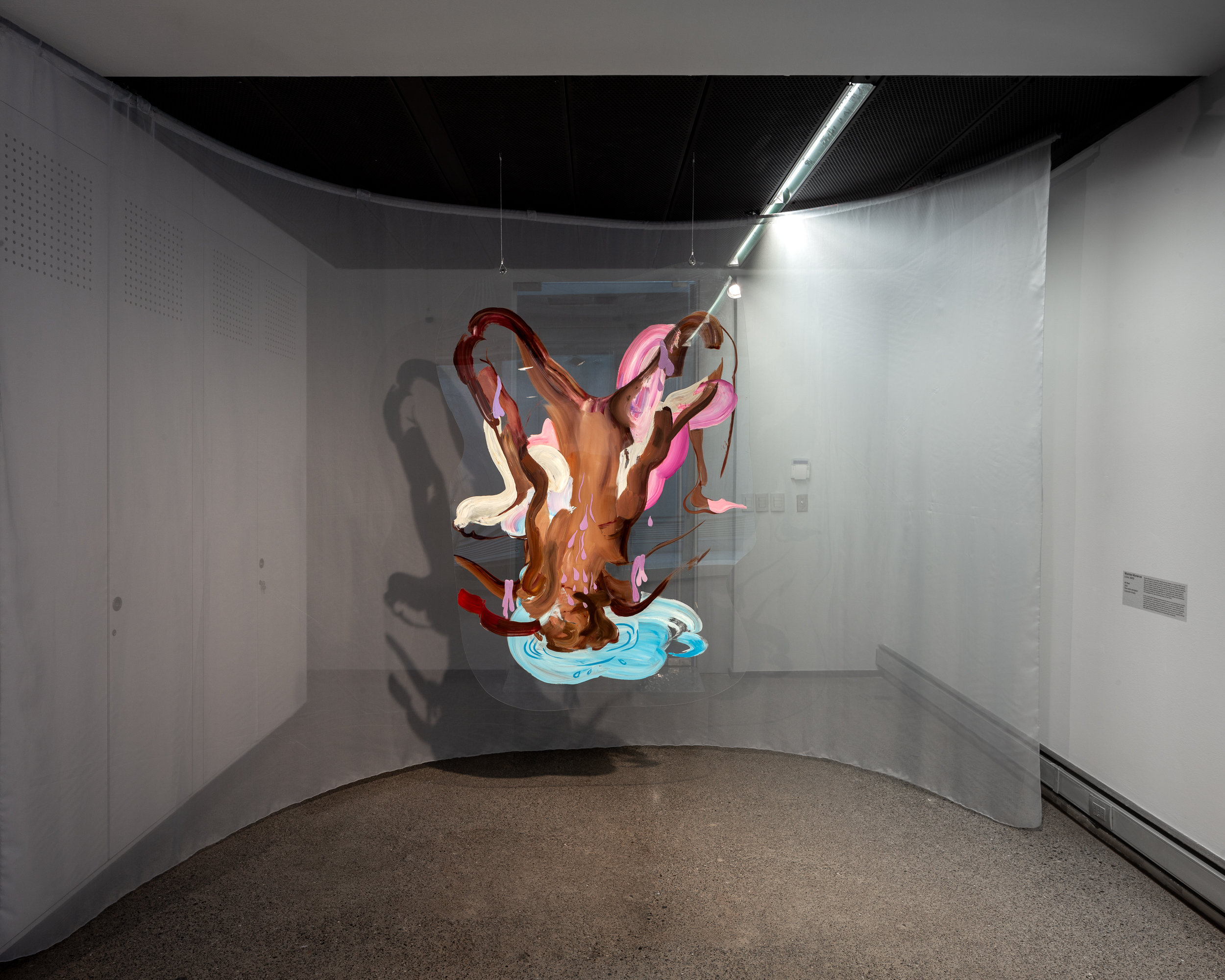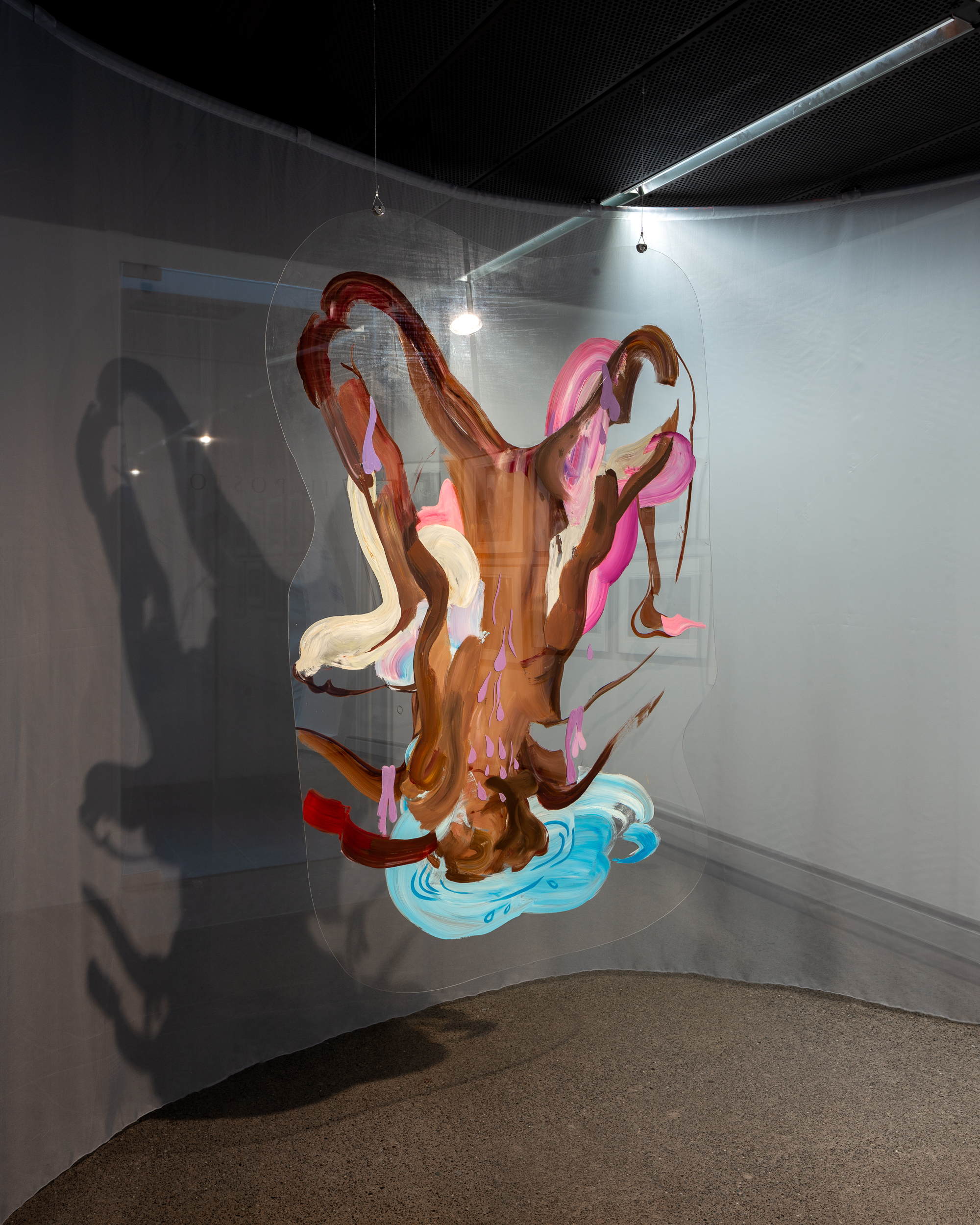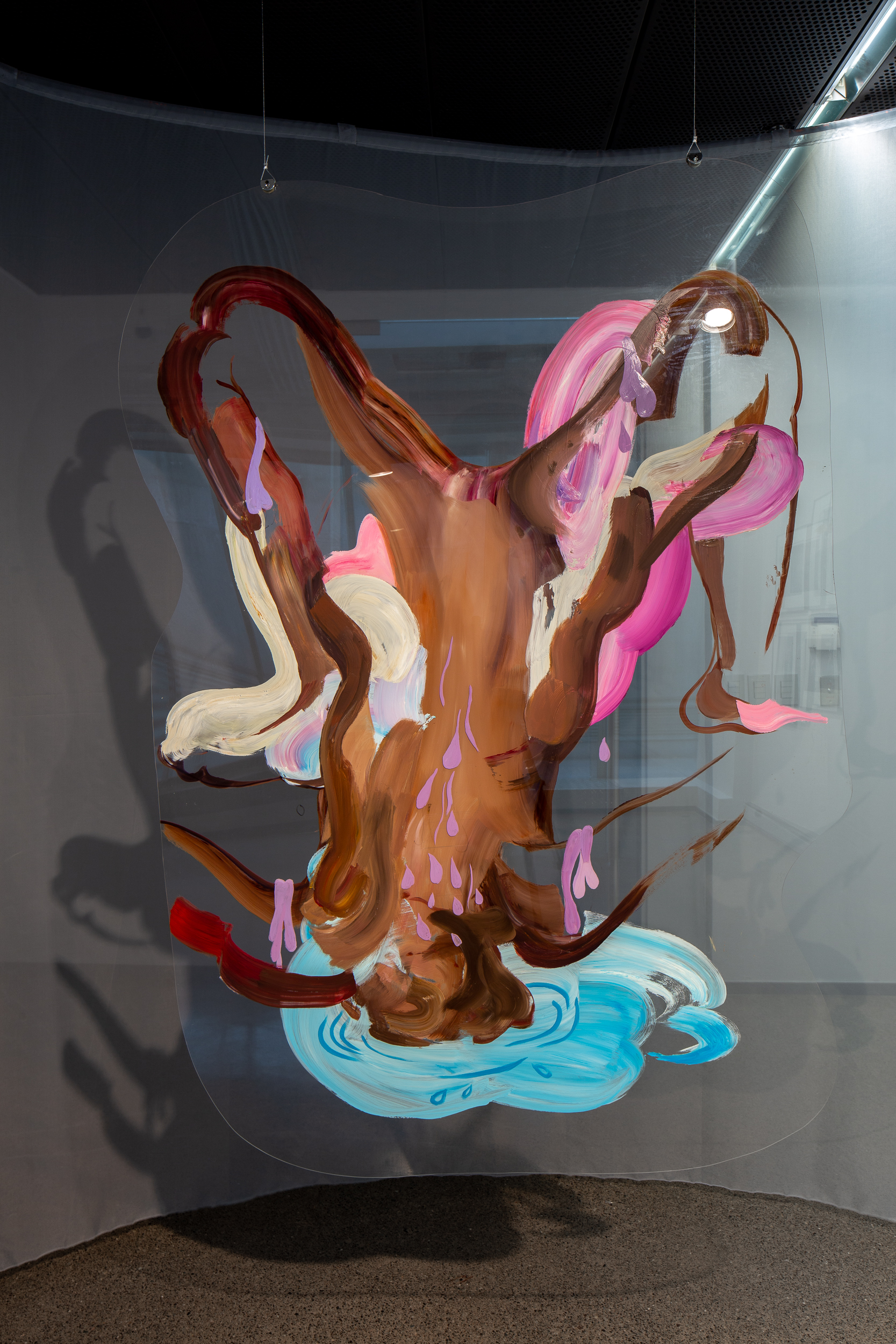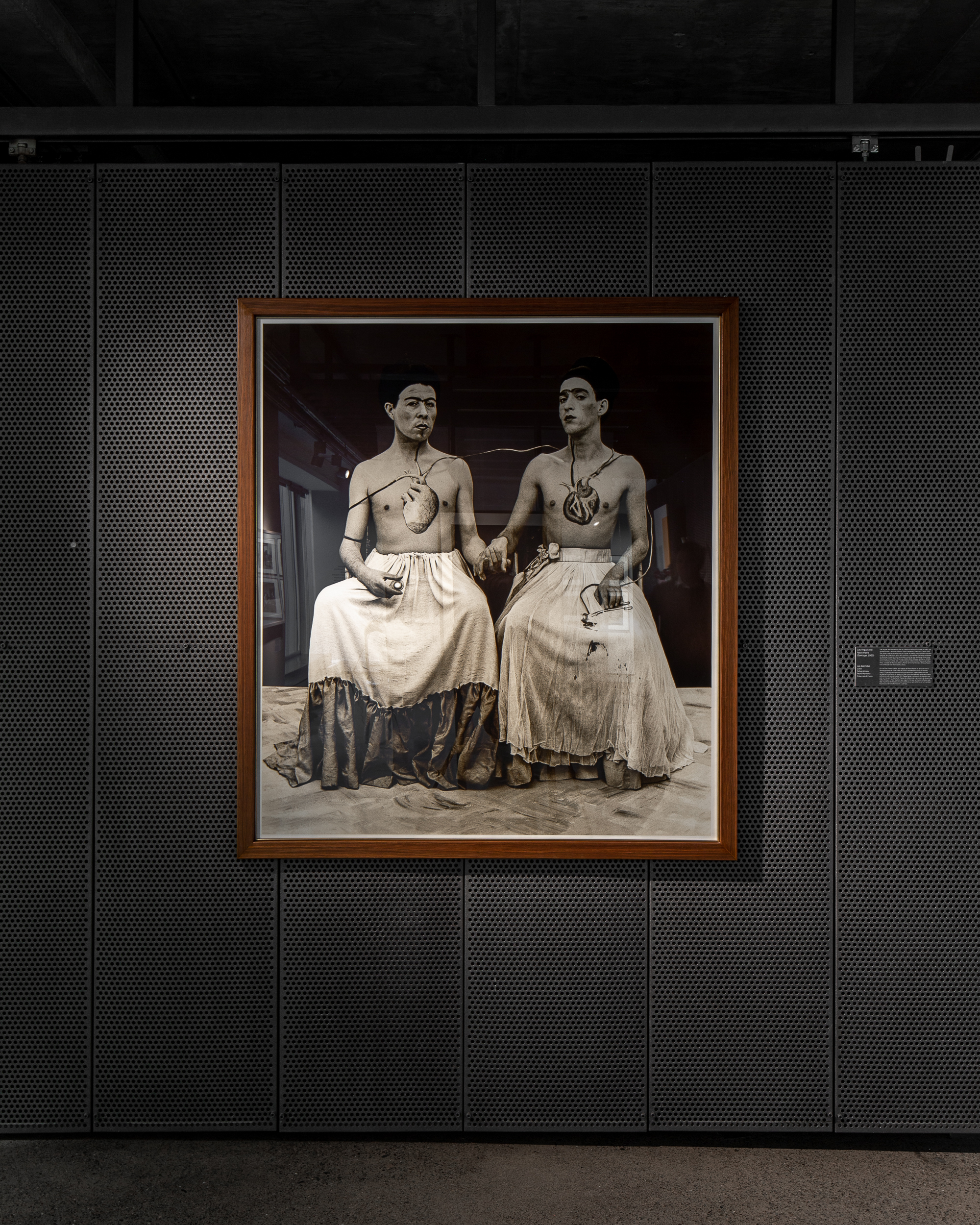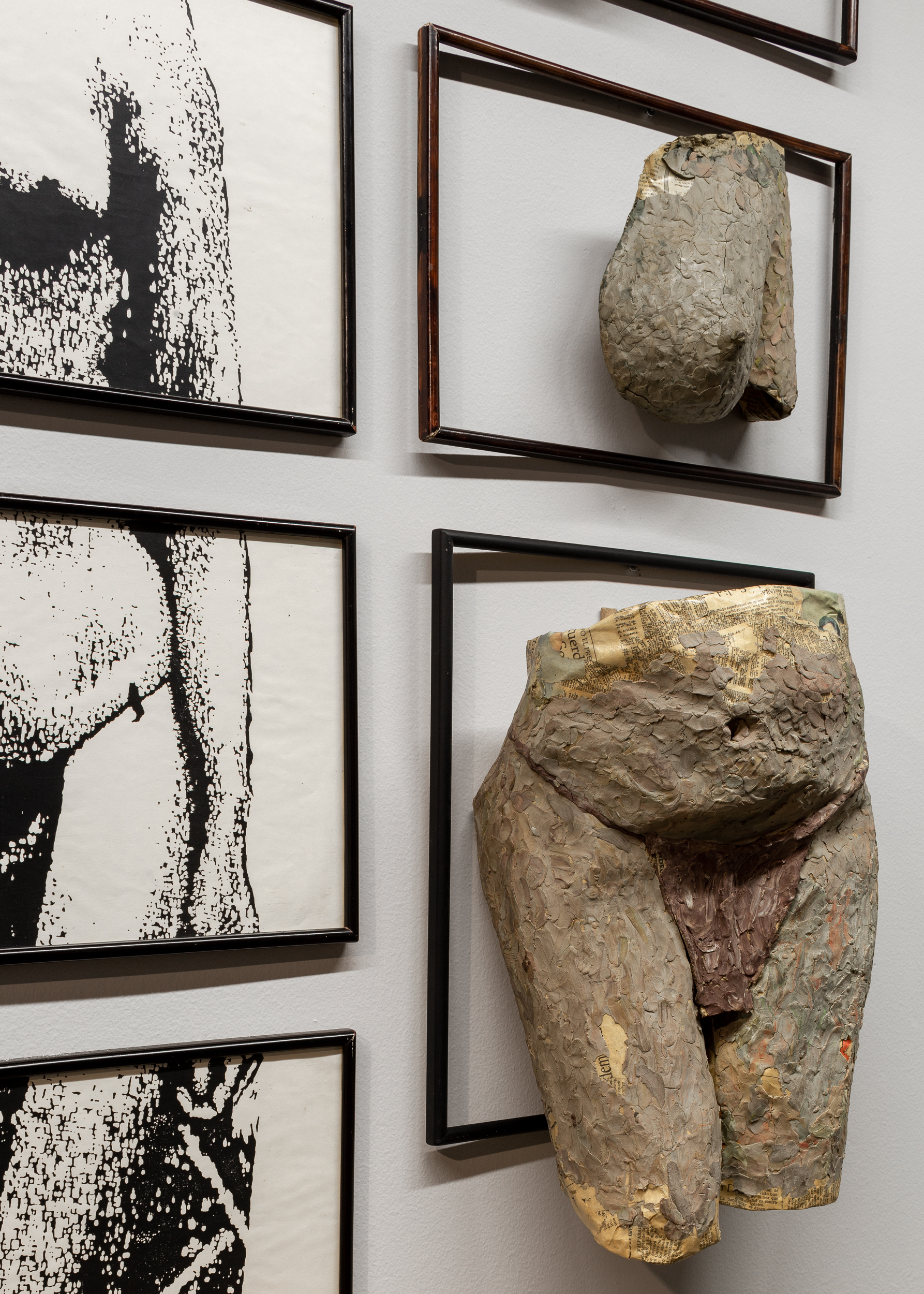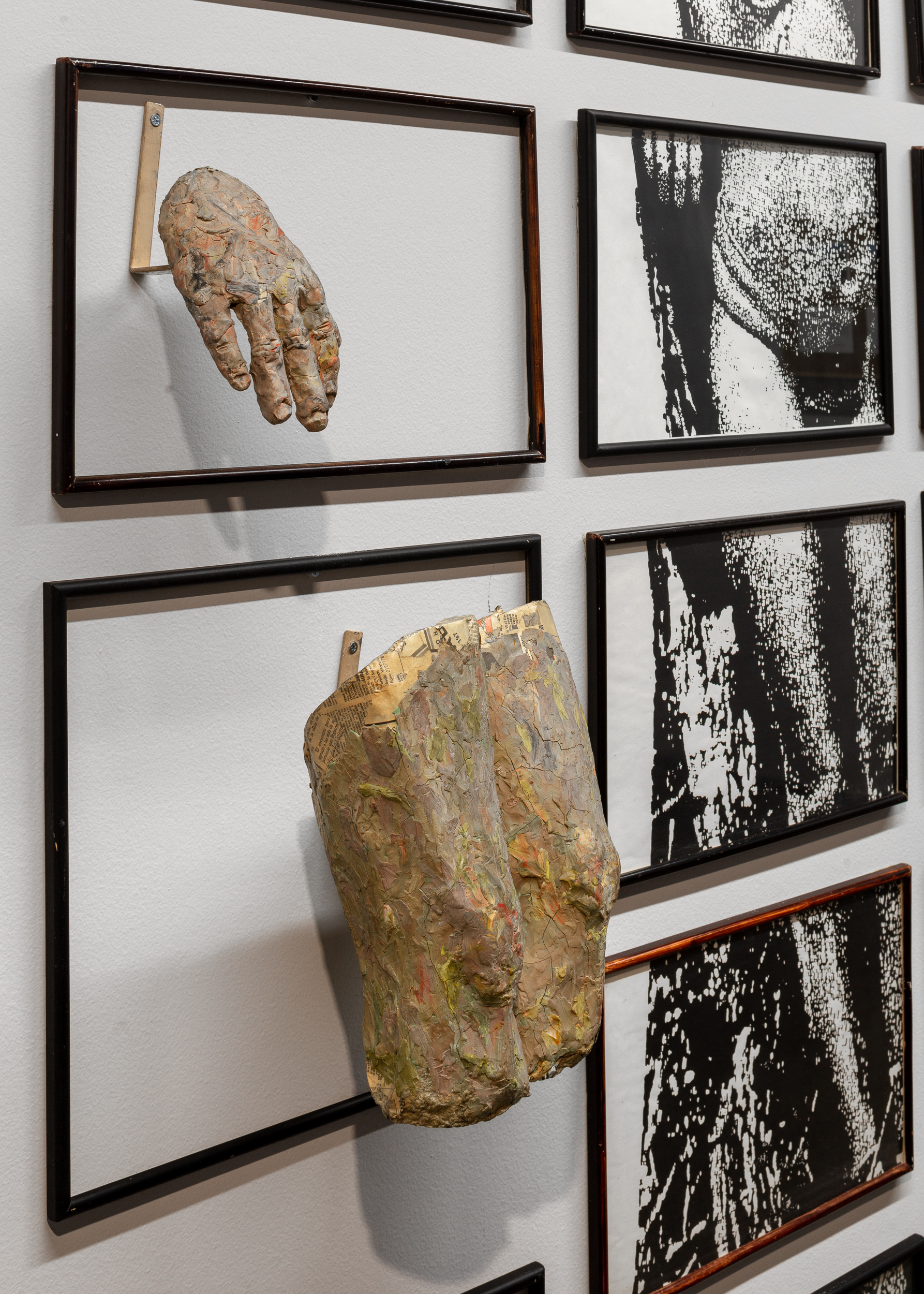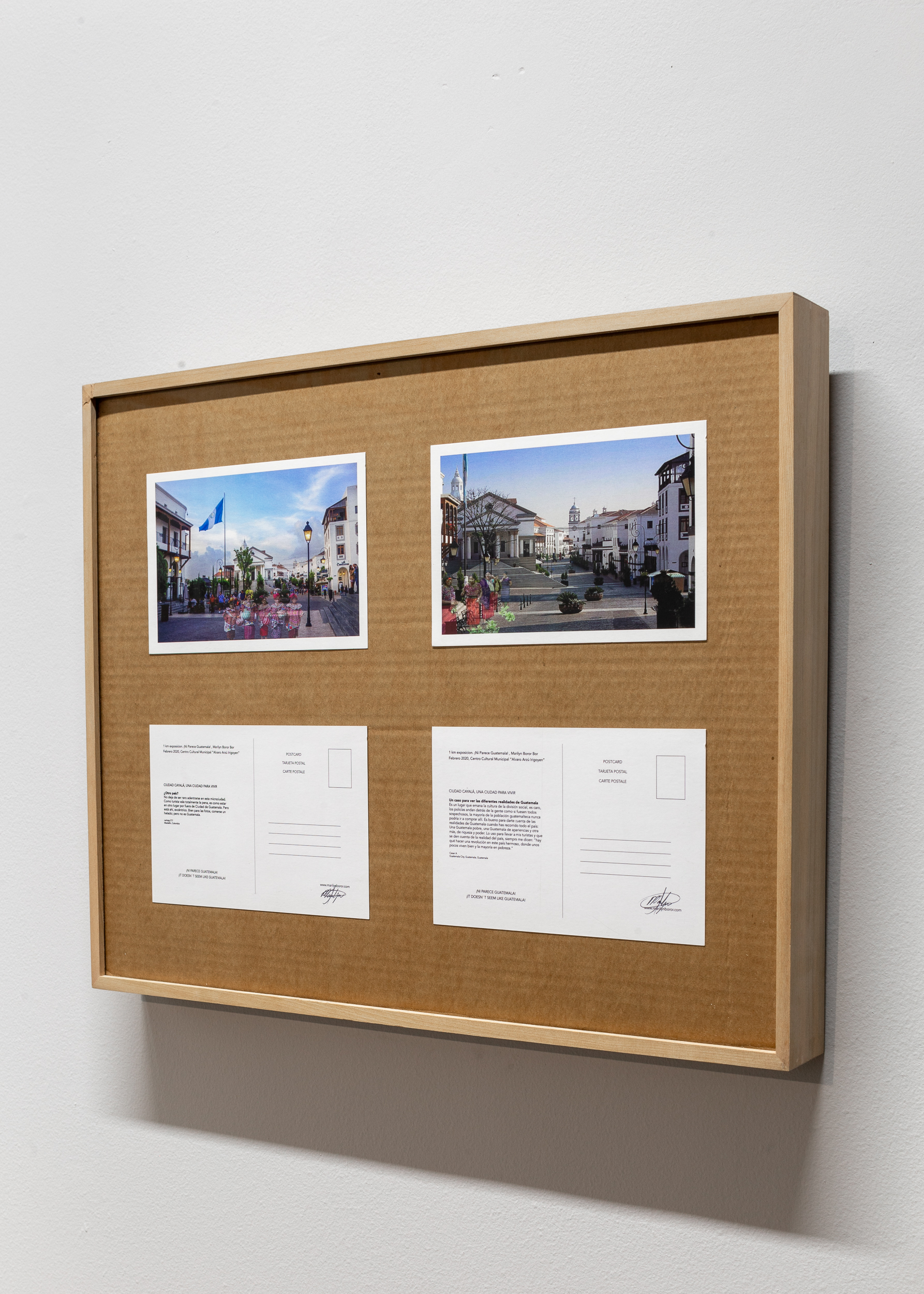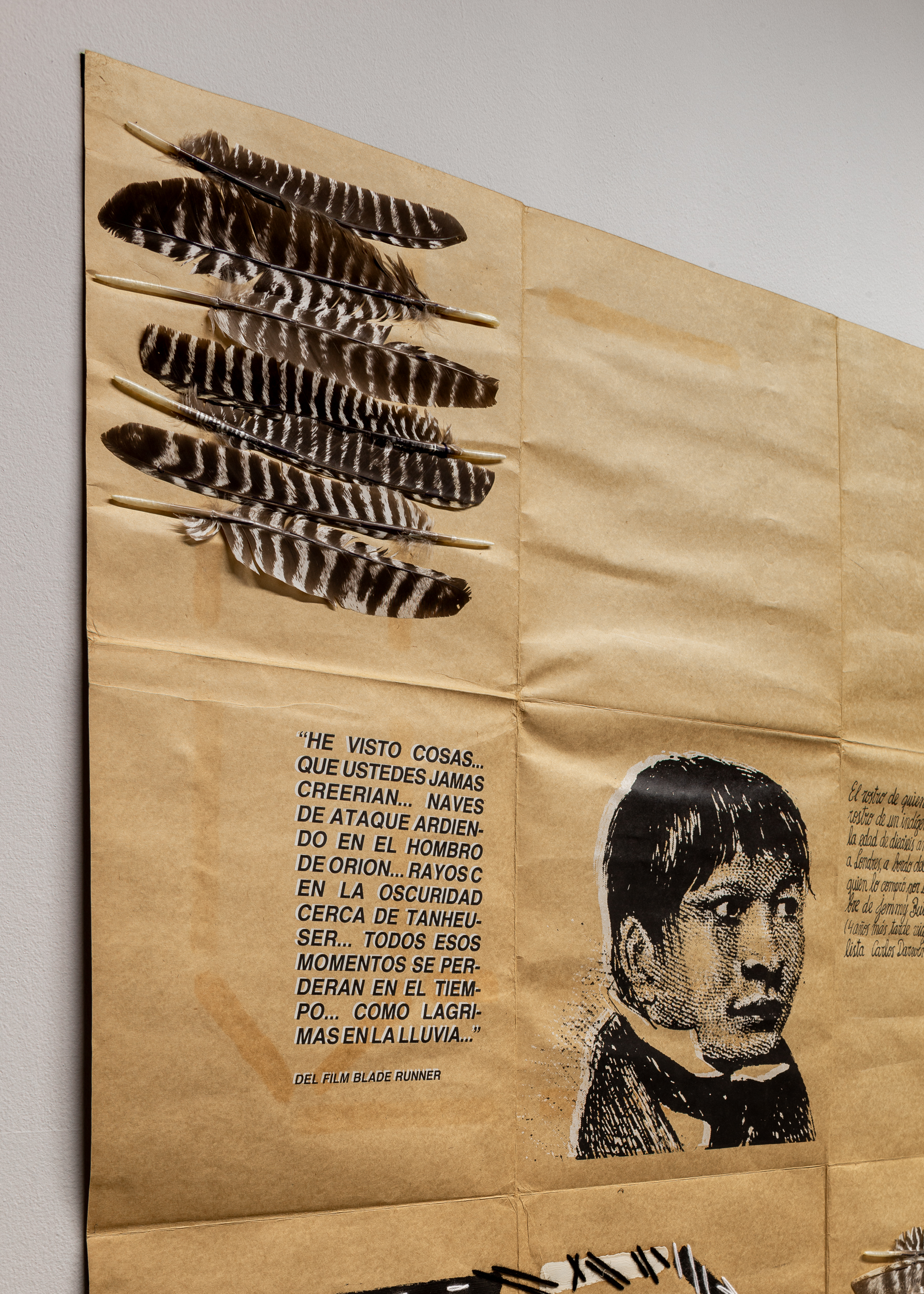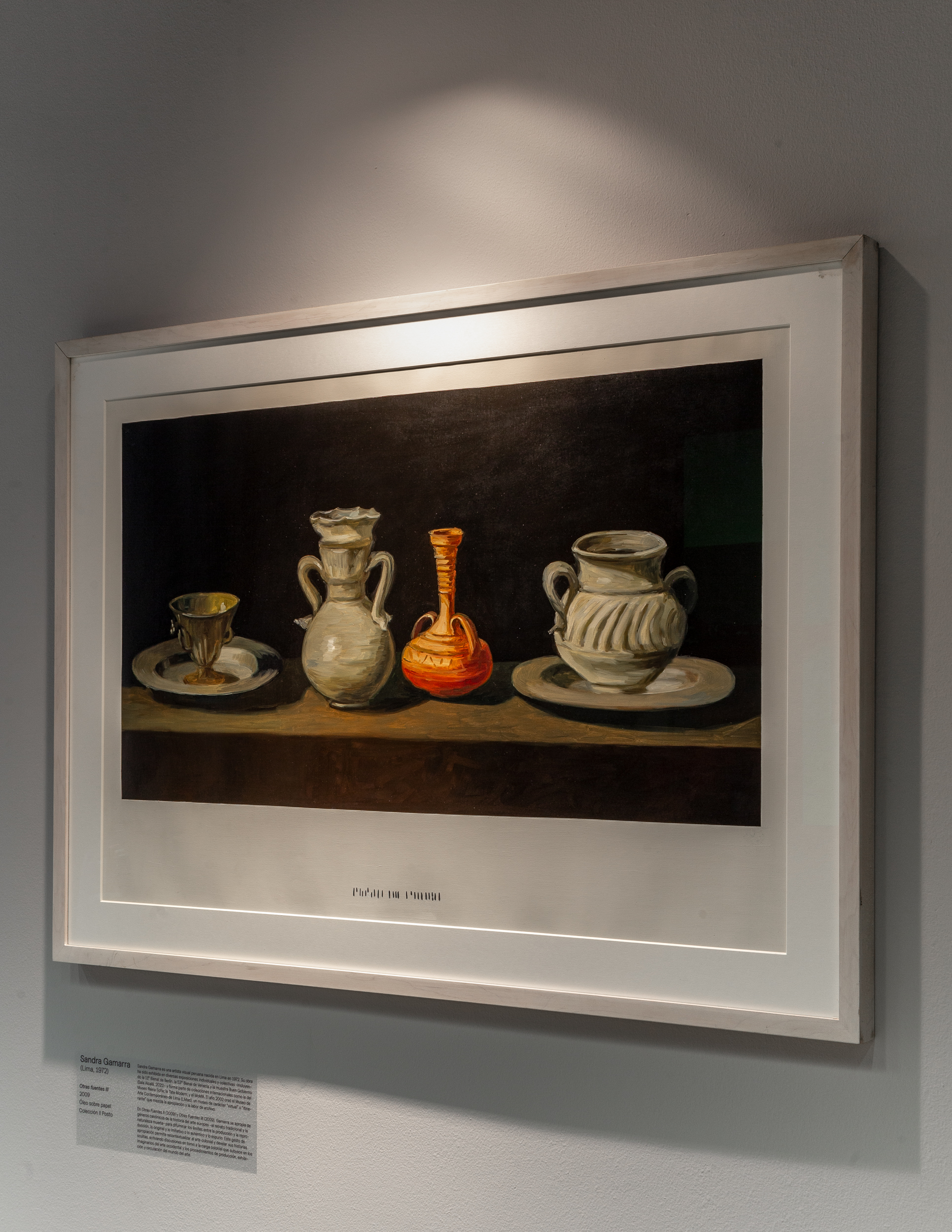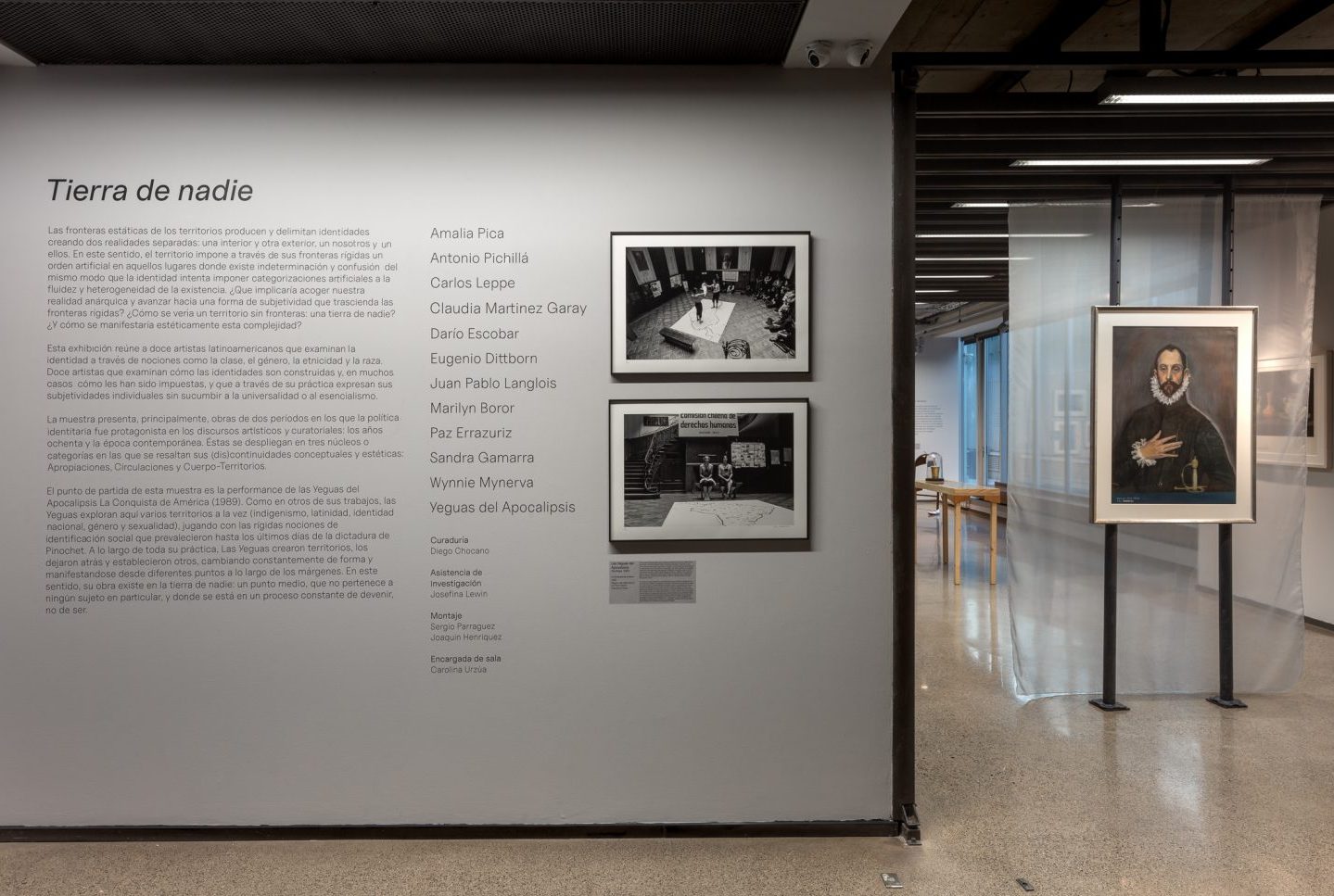No man’s land, curated by Peruvian researcher and curator Diego Chocano, brings together the work of twelve Latin American artists who examine identity without succumbing to universality or essentialism.
The static borders of territories produce and delimit identities, creating two separate realities: an inner and an outer one, an us and a them. In this sense, territory imposes through its rigid borders an artificial order in those places where there is indeterminacy and confusion, just as identity attempts to impose artificial categorizations on the fluidity and heterogeneity of existence. What would it mean to embrace our anarchic reality and move towards a form of subjectivity that transcends rigid borders? What would a territory without borders look like: a no man’s land? And how would this complexity manifest itself aesthetically?
This exhibition brings together twelve Latin American artists who examine identity through notions such as class, gender, ethnicity and race. Twelve artists who examine how identities are constructed and, in many cases, how they have been imposed on them, and who through their practice express their individual subjectivities without succumbing to universality or essentialism. The exhibition mainly presents works from two periods in which identity politics played a leading role in artistic and curatorial discourses: the 1980s and the contemporary period. These are displayed in three nuclei or categories that highlight their conceptual and aesthetic (dis)continuities: Appropriations, Circulations and Body-Territories.
The starting point of this exhibition is the Mares of the Apocalypse’s performance The Conquest of America (1989). As in other of their works, Las Yeguas explore here several territories at once (indigenism, latinidad, national identity, gender and sexuality), playing with the rigid notions of social identification that prevailed until the last days of Pinochet’s dictatorship. Throughout their entire practice, Las Yeguas created territories, left them behind and established others, constantly changing form and manifesting themselves from different points along the margins. In this sense, their work exists in no man’s land: a middle ground, belonging to no particular subject, and where one is in a constant process of becoming, not being.

